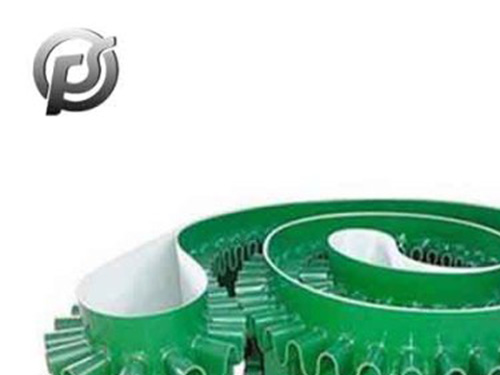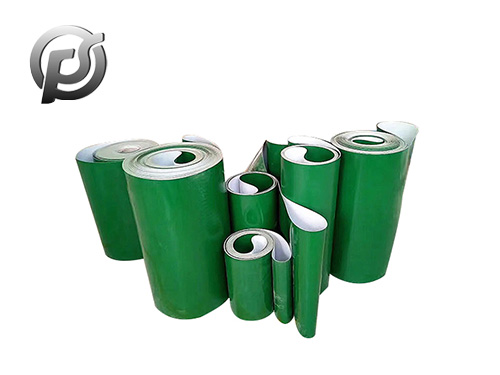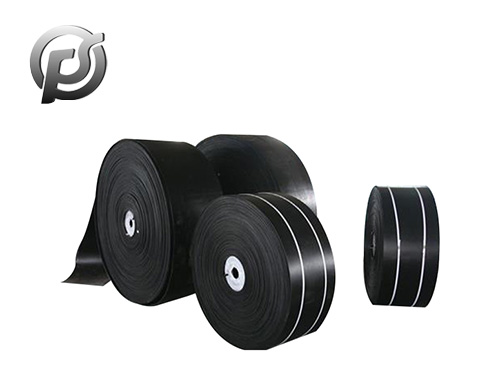Mining Industry:
Used to transport minerals, coal, slag, and other materials from mining sites to processing plants or transportation facilities.
Construction Industry:
On construction sites, conveyor belts can be used to transport construction materials (such as sand, gravel, cement, etc.) from one location to another, improving operational efficiency.
Manufacturing Industry:
In manufacturing, conveyor belts are employed to convey components, finished products, or semi-finished goods along production lines, facilitating automated production.
Logistics and Warehousing:
Used to move goods within warehouses and logistics centers, transporting items from one area to another and enhancing the efficiency of cargo handling.
Agriculture:
In agriculture, conveyor belts can be utilized for harvesting, sorting, packaging, and transporting agricultural products such as grains, fruits, and vegetables.
Food and Beverage Industry:
In food and beverage processing, conveyor belts are used to transport raw materials, packaging materials, and finished products.
Waste Management:
Used to convey waste from collection points to processing sites, facilitating effective waste management and disposal.
Petroleum and Chemical Industry:
Utilized to transport chemical raw materials and finished products in petroleum and chemical production.
Postal and Parcel Handling:
Used for the automatic conveyance of letters and parcels within postal and parcel processing centers, improving sorting and distribution efficiency.
Power Industry:
Within power plants, conveyor belts can be used to transport fuel, ash, and other materials from one location to another for power generation.
These examples represent just a subset of the various applications of mechanical conveyor belts. In reality, conveyor belts play a crucial role in many other industries and application areas. Due to their efficient and reliable material transport characteristics, conveyor belts are integral to modern production and logistics.


 Stone Conveyor Belt: Enhancing Efficiency and Productivity in Material Handling
Stone Conveyor Belt: Enhancing Efficiency and Productivity in Material Handling
 Optimizing Operations with PE Conveyor Belts: Durability, Efficiency, and Versatility
Optimizing Operations with PE Conveyor Belts: Durability, Efficiency, and Versatility
 Exploring the Efficiency and Versatility of Light Conveyor Belts
Exploring the Efficiency and Versatility of Light Conveyor Belts